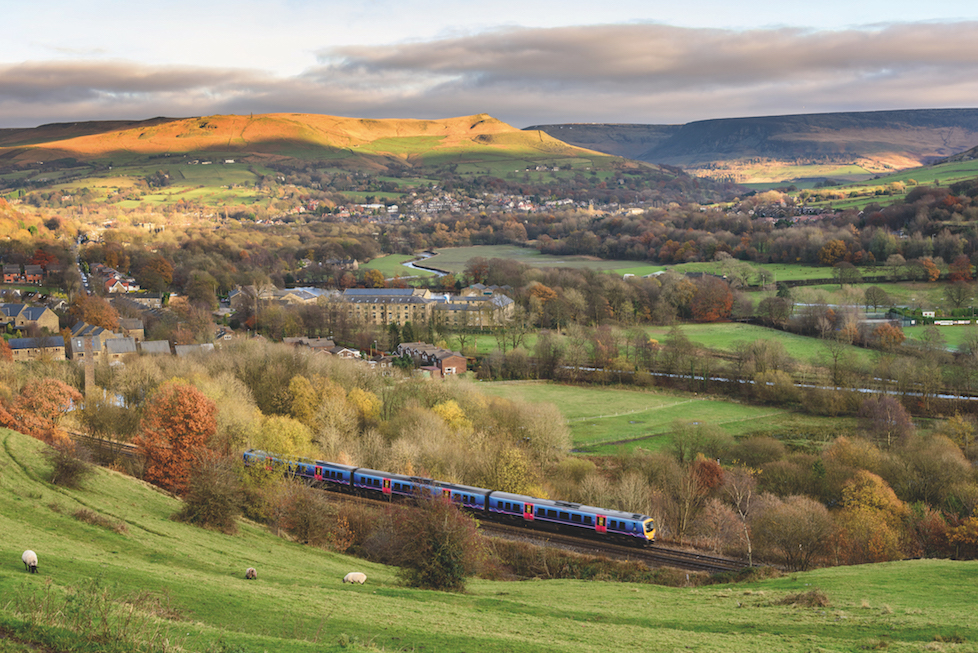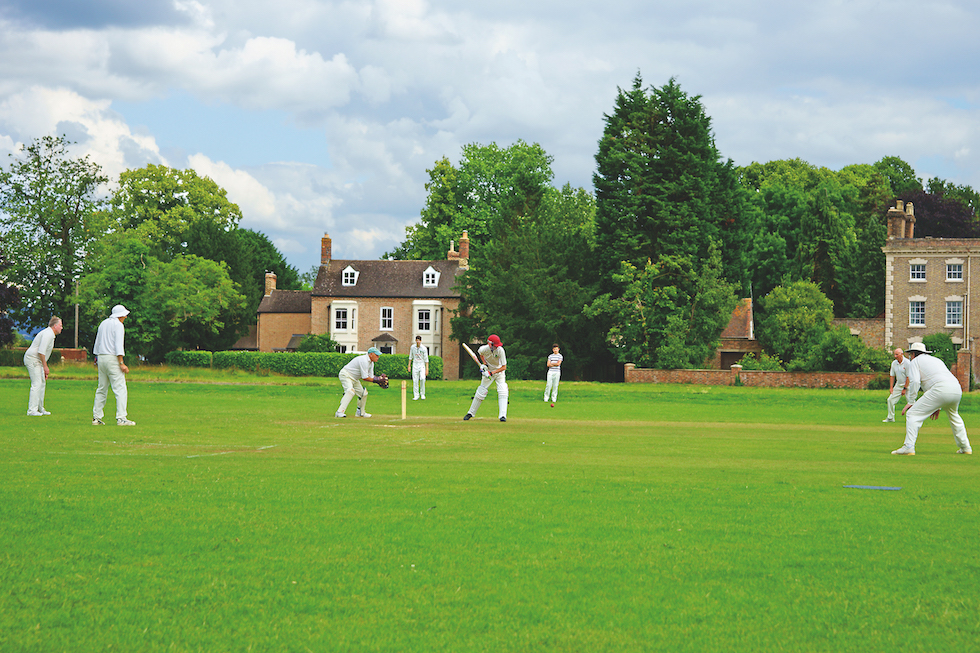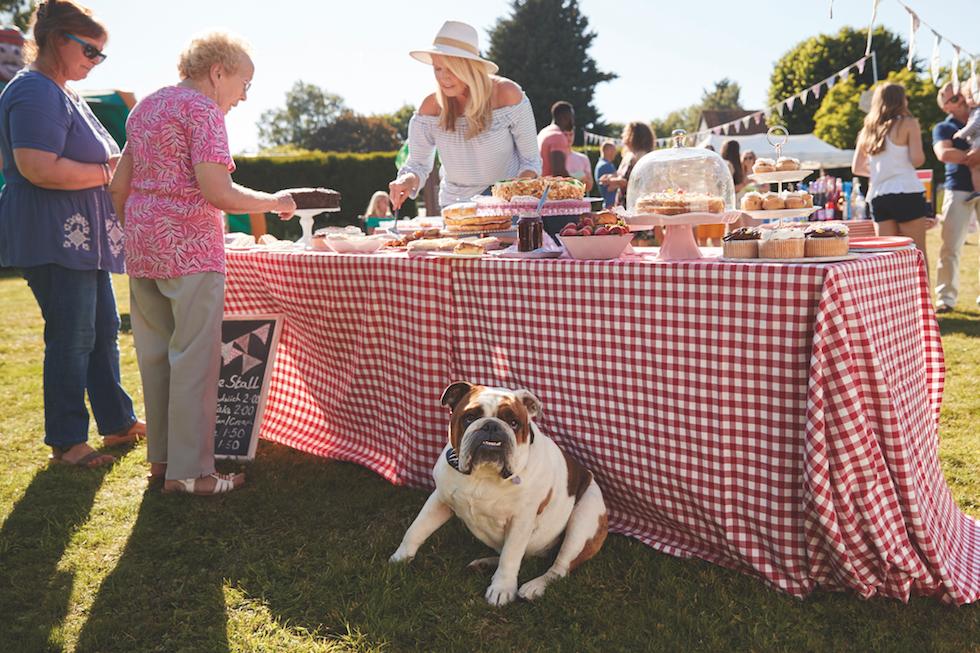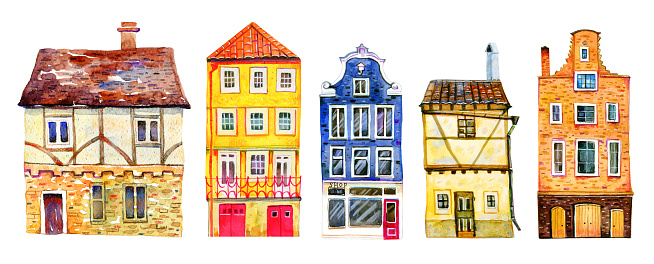THE LONDON EXODUS
By
5 years ago

Anna Tyzack has some suggestions on where to escape to the country

The Bell family live a double life. During the week they are Londoners, commuting to school and work from a four-bedroom house in Clapham, South West London; at weekends they decamp to a small farm in Somerset. ‘We make it there in time for the Graham Norton Show and a glass of red on Friday evenings,’ explains Alexandra Bell, a City solicitor, who grew up in the West Country. ‘It’s a wrench leaving for town on Sunday evening, but we’ve found this lifestyle allows us to spend the most amount of time together.’
Not once have the Bell’s three children, age five, nine and ten, complained about missing parties and sporting fixtures in London, but neither do they ask to live in the countryside full time. ‘They regard both houses as home,’ Alex says. ‘We have clothes and toys in both places to limit the amount of packing up and unpacking.’
The dual country-town existence has been growing in popularity over the past few years, but, according to Jake Vicardi of property finders, The Buying Solution, the coronavirus pandemic has only made the prospect of a second home in the provinces more appealing. ‘We’ve noted a marked increase in second-home buyers coming to the market,’ he says. ‘Country houses are the instant solution to lockdown woes and with the prospect of changing work patterns and working from home, buyers can see how they would fit with their lifestyles.’ Mid-market country houses are already selling for ten to 15 per cent above where they were pre-lockdown, he adds.
While the Bell’s house is surrounded by its own land, and has a number of barns that Alexandra’s husband, Joshua, hopes to restore in the future, it’s not the kind of property they’d have bought if they were moving to the country full time. ‘We didn’t have to think about schools or the local social scheme; we fell in love with the position, and the fact that it is only a few miles from a station,’ she says.

According to Tom Hudson of property finders, Middleton Advisors, the search criteria for a second home is different to that of a primary residence. ‘Unless there’s a chance you will move to your second home full-time, it should be the antithesis of what you have in town,’ he says. ‘Buyers will compromise on architecture and formality of space to have somewhere pin-drop quiet with gorgeous views. They’ll also be more daring – a whacky barn conversion in the Cotswolds, for example, or a modernist cliff house on the South Coast.’
‘If budget allows, a home should have some land to install a tennis court and swimming pool for summer holidays,’ says Vicardi. ‘There’s been a huge trend towards homes with a swimming pool or space to install an above ground pool,’ he confirms. ‘With hotter summers and less opportunity for travel, a pool keeps children entertained for hours.’
In the past, second homers have stayed within a 75 to 90 mile arc of London but, according to Vicardi, there is increasing demand for cottages and houses in Wiltshire and Dorset.
‘Don’t go too remote,’ warns Rupert Sweeting, head of national country sales at Knight Frank, who advises looking for a property in attractive countryside close to a good village. ‘The type that has a decent pub, a well-stocked shop and, ideally, a cricket team – playing for the local side is a great way to get to know the villagers,’ he says.

The Cotswolds village of Bledington fits this description, as does Whitchurch in Hampshire and Stockland in east Devon. ‘So often it’s the poor wife who has to do the Friday afternoon haul with the children, while the husband jumps on the train with a gin and tonic,’ Sweeting explains. ‘But if you can all jump on the train together it’s more fun and you can go much further – within around two hours you can be at Tiverton Parkway, a 20-minute drive from Exmoor.’
The Bells leave a motor at Crewkerne station and take the train from London after work on Fridays. ‘We’re usually knackered; this way we can watch a film or chat without having to worry about A303 traffic,’ says Alex.
There are, of course, downsides to owning a second home – an extra three per cent in stamp duty; two sets of running costs; and the pressure to go to your bolthole every weekend, which can be frustrating when there are social engagements in London. Plus, cottages in scenic countryside within easy reach of London aren’t cheap; in popular areas such as the Hambleden Valley in Buckinghamshire or the Woodhays in Berkshire you can pay more than £800,000 for a three to four-bedroom cottage with
a small garden – and you’ll be competing with buyers looking for a primary residence.
The locals, meanwhile, don’t always take kindly to London second homers. Sweeting suggests leaving the flashy cars in London and easing into rural life gently. ‘If you’re from the area originally, you tend to be accepted more quickly,’ he explains. ‘Don’t go in all guns blazing; take part in the community in a quiet way; go to the fete and the carol service.’
Yet, according to Hudson, owning a country bolthole allows families to keep their options open in terms of jobs and education, while enjoying space, fresh air and quality time together at weekends. ‘When you move to the country full time you’re forced to make quite rigid choices about schools for your children and how your daily commute will work,’ he
says. ‘By only living there at weekends, you’re
still benefiting from the choice London offers.’
The Bells say they have spent much less money on holidays, often jettisoning planned summer holidays in Europe or America to spend their holiday in Somerset. ‘We get FOMO if we don’t get to enjoy the changing seasons,’ Alex says. ‘It’s pathetic, really, but here every weekend feels like a holiday.’

This article was originally published in the Autumn/Winter 2020 issue of School House



